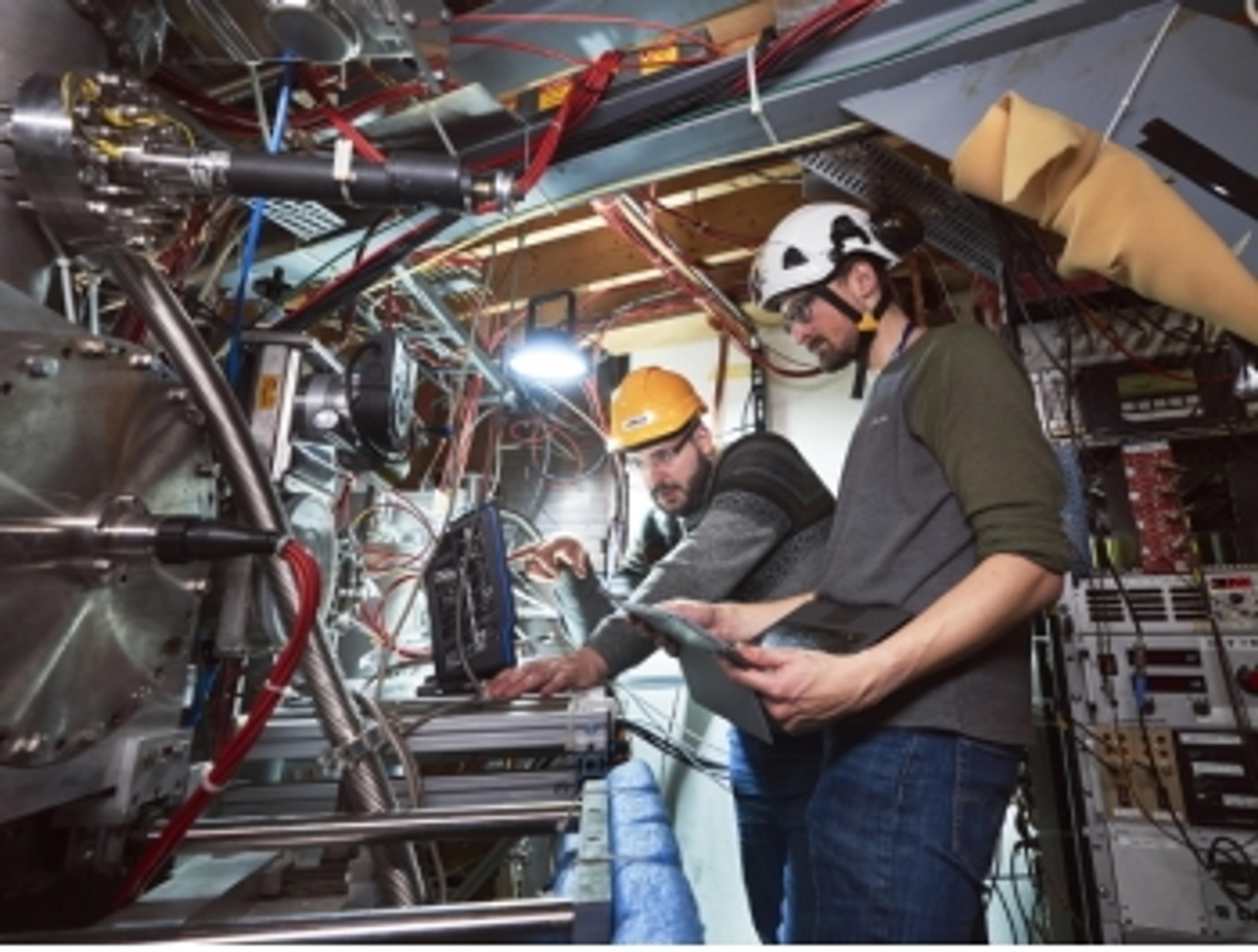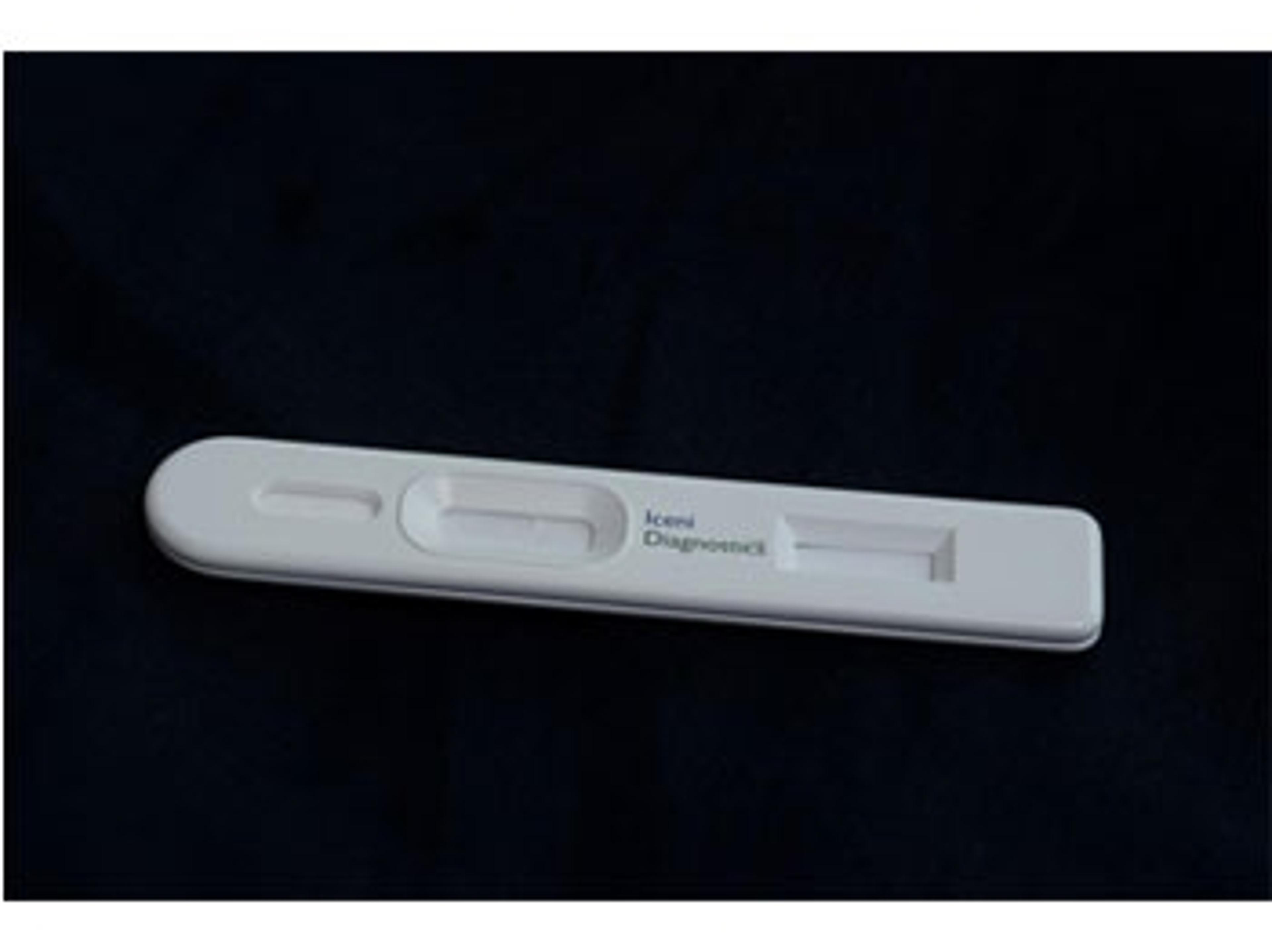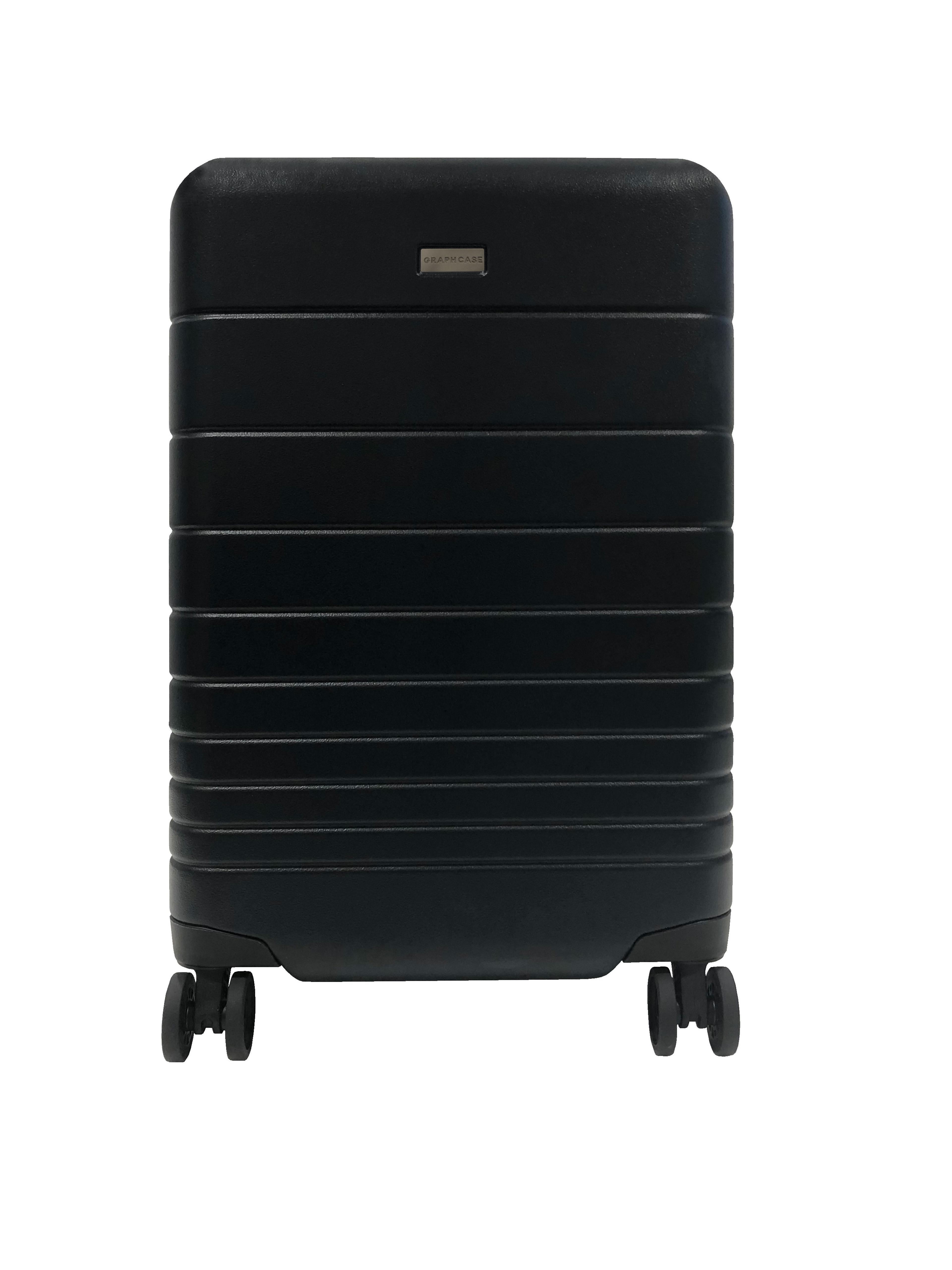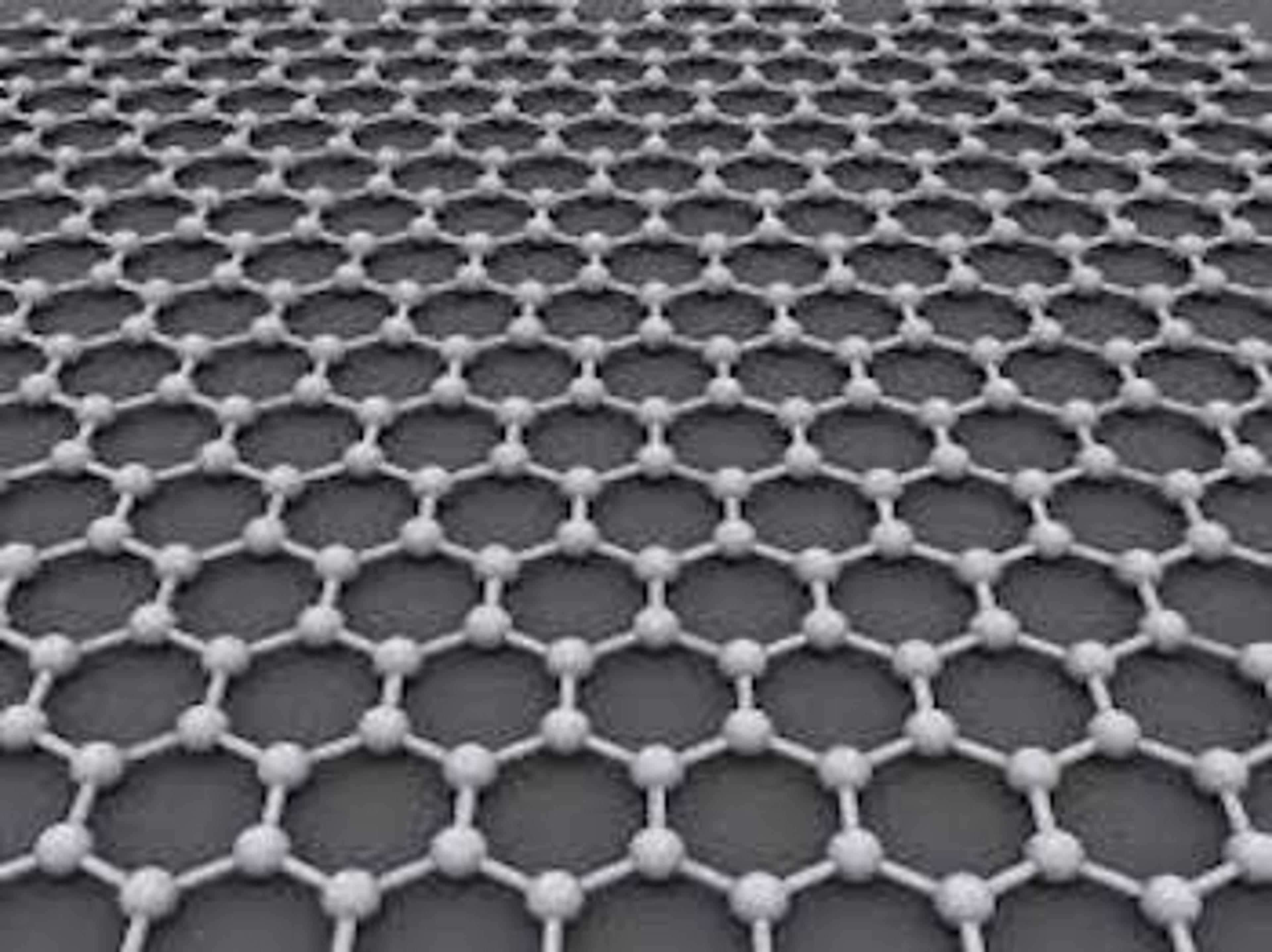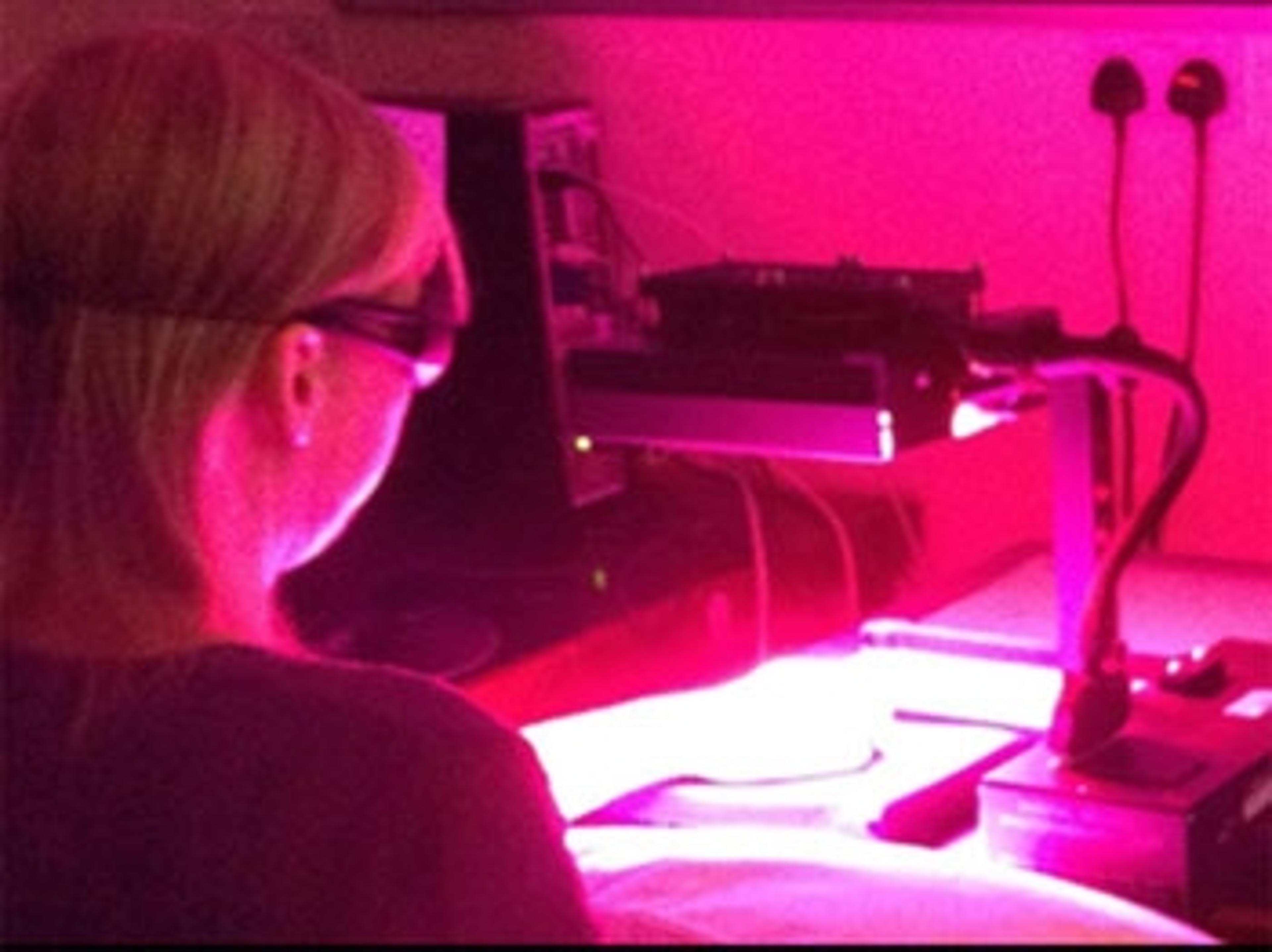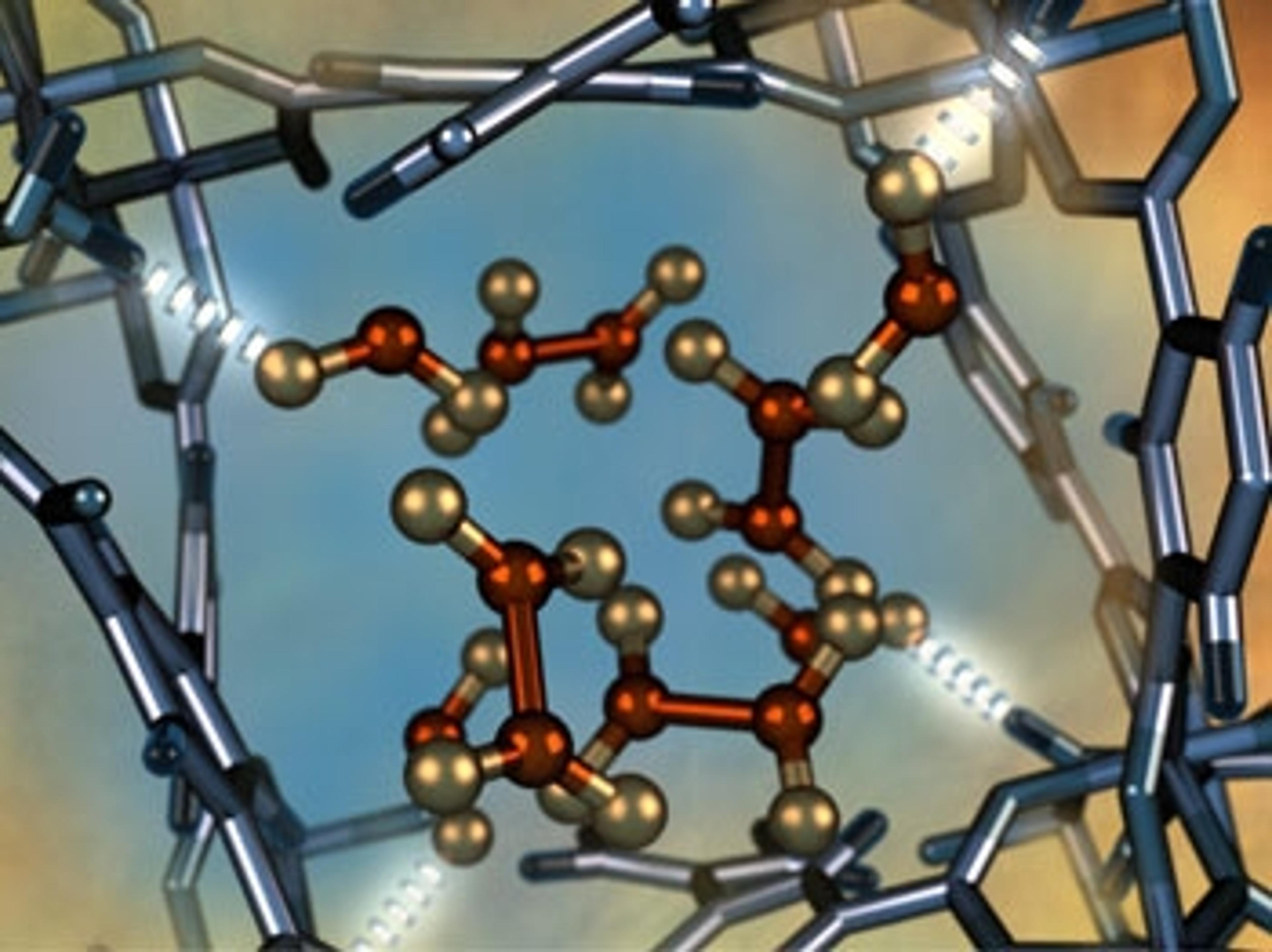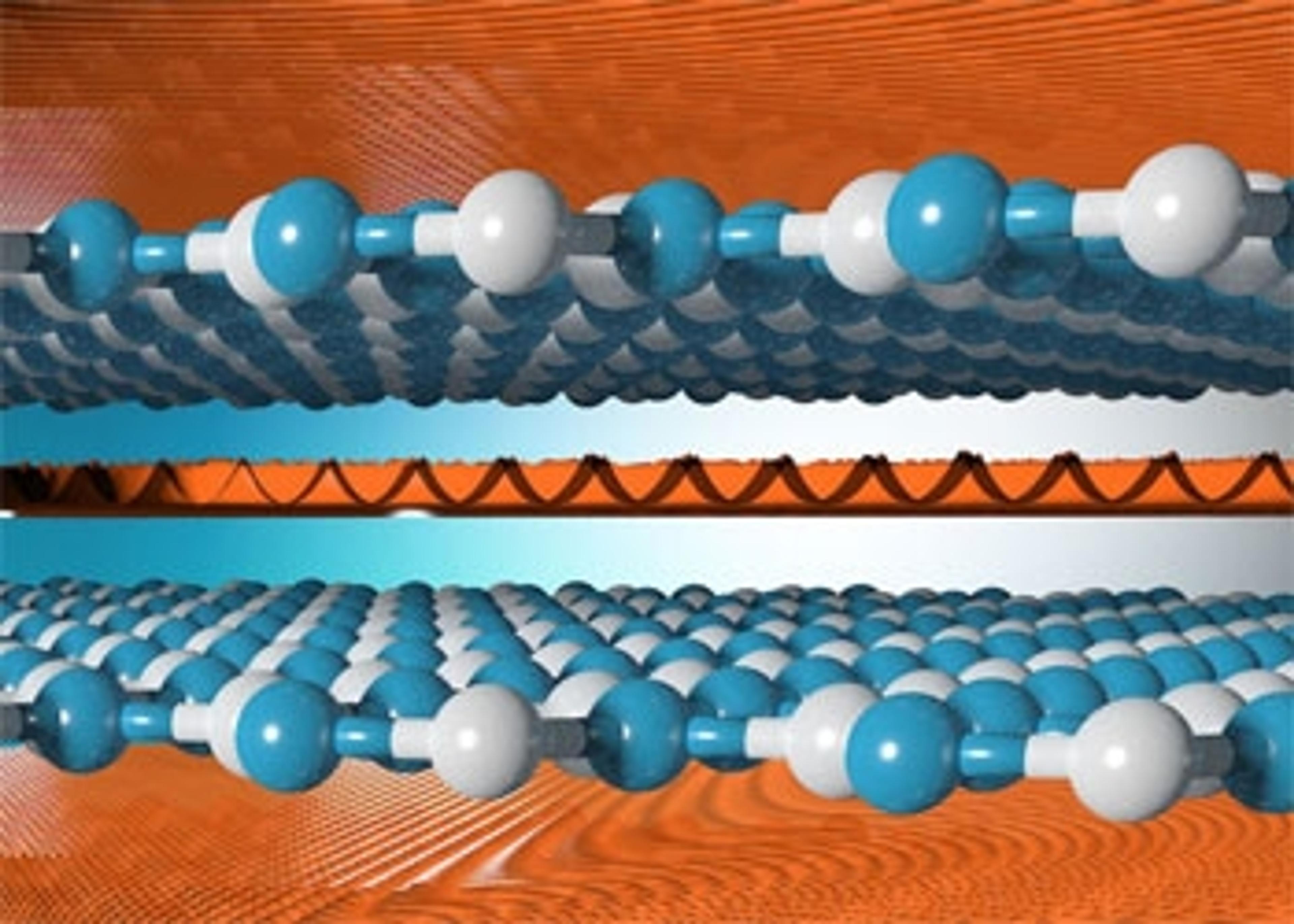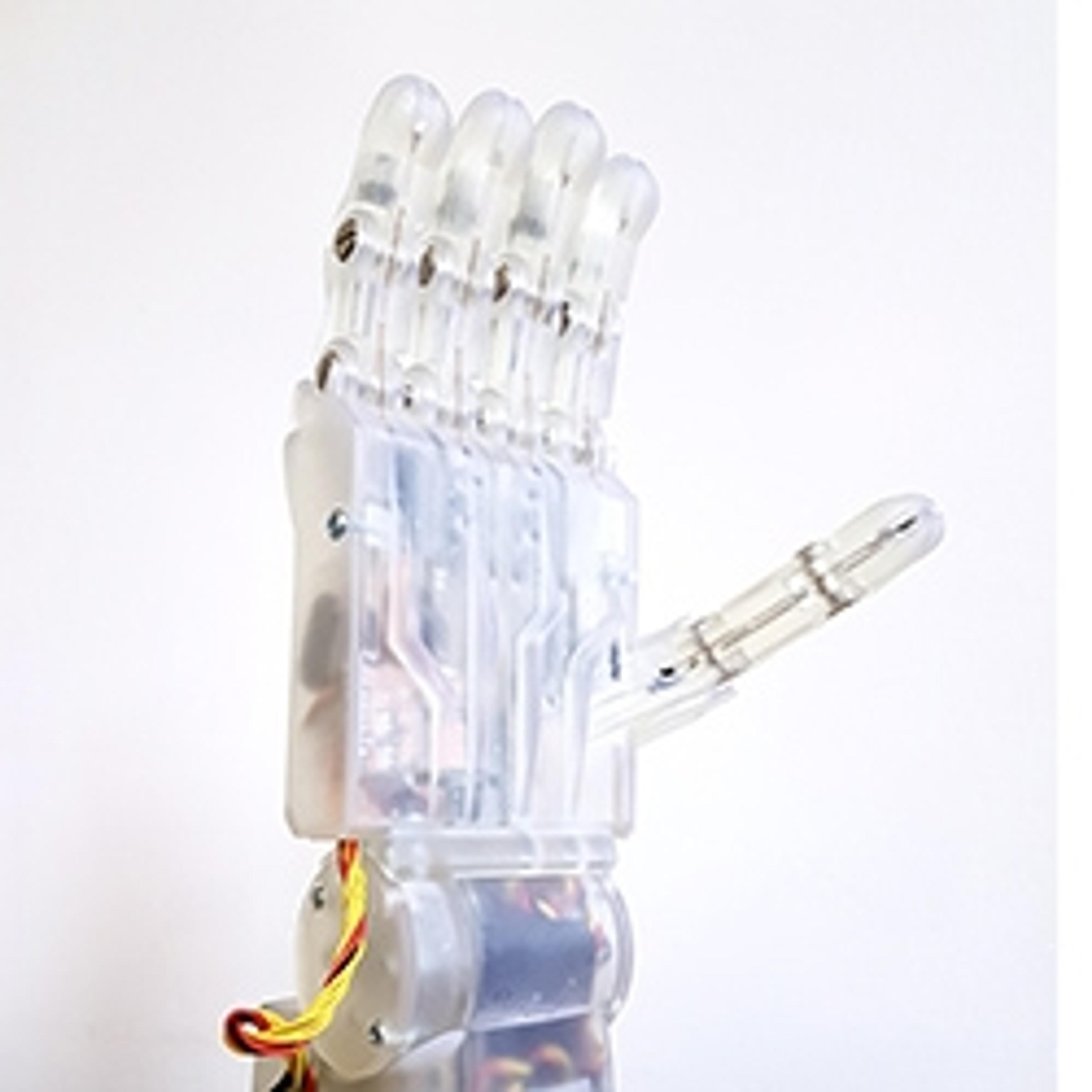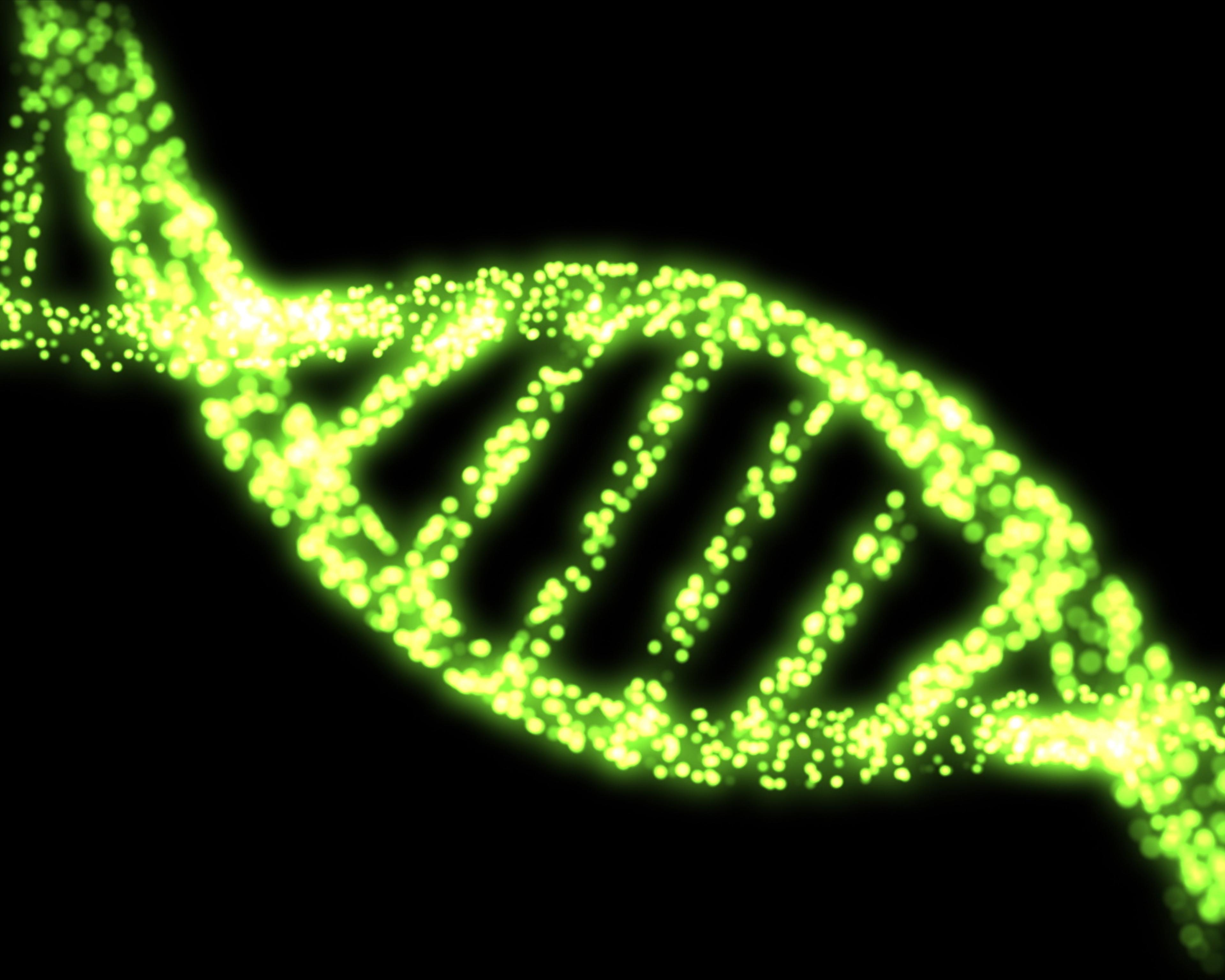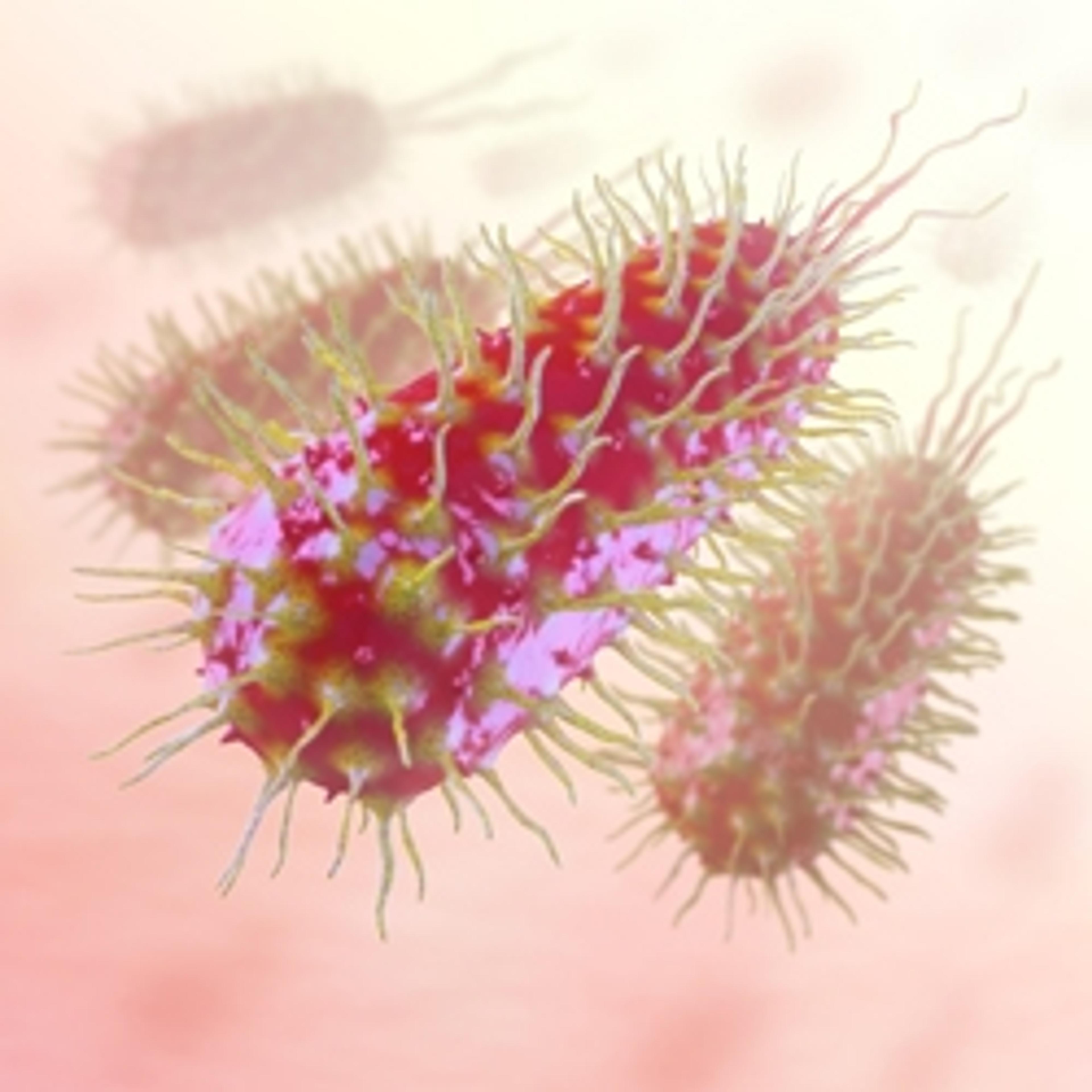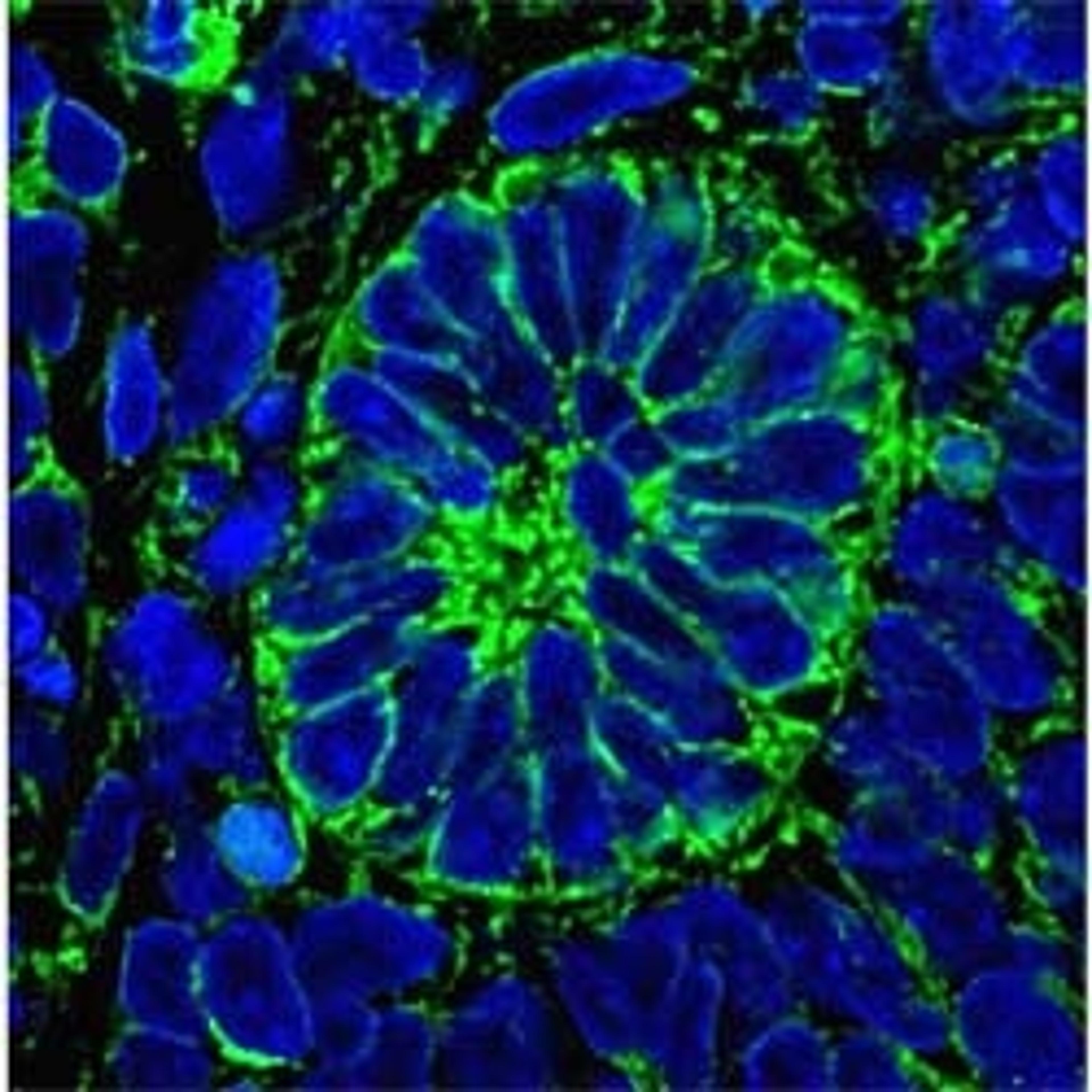News & Articles
Selected Filters:
ISOLDE scores a first with laser spectroscopy of short-lived radioactive molecules
The result represents an essential step towards using these molecules for fundamental physics research and beyond
University launches new materials to the International Space Station
New aerodynamic materials developed are sent to investigate erosion properties in low earth orbit
Nuclear fuel alternatives after Fukushima have challenges ahead
Developing accident tolerant fuels to make nuclear fission safer in the event of accident scenarios
Travelling light: The first environmentally-friendly graphene smart-case unveiled
Graphene-based smart suitcase is made of 100% recycled plastic
Scientists Develop a New Method to Revolutionize Graphene Printed Electronics
A non-toxic material, known as Cyrene, can provide higher concentrations and conductivity
Simple DNA Test Could Detect Patients at Risk from Lethal Fungal Spores
Scientists at The University of Manchester have discovered a genetic mutation in humans linked to a 17-fold increase in the amount of dangerous fungal spores in the lungs
Using Light to Heal Ulcers
Researchers from University of Manchester and Salford Royal NHS Foundation Trust have developed an instrument which could treat chronic ulcers with light
Graphene Engineering Innovation Centre Announces First Partners
Industrial partners will accelerate commercialization of graphene and other novel materials developed at the GEIC.
New Material Could Capture Toxic Gases from Atmosphere
An international team of scientists has developed a material that can remove nitrogen dioxide gas and other toxic greenhouse gases from the atmosphere
Smallest Ever Sieve Separates Atoms
Is Your Easter Egg Bad for the Environment?
127-Million-Year-Old Baby Bird Fossil Sheds Light on Avian Evolution
The tiny fossil of a prehistoric baby bird is helping scientists understand how early avians came into the world in the age of dinosaurs
E. Coli Outbreaks at Hospitals Could be Reduced by Copper-Coated Uniforms
Polymer surface grafting of anti-bacterial copper nanoparticles could reduce spread of infections and viruses
Scientists Create Functioning Kidney Tissue
Microwaves Could Be as Bad for the Environment as Cars, Suggests New Research
Microwave usage across the EU alone emits as much carbon dioxide as nearly seven million cars according to a new study by the University of Manchester.


